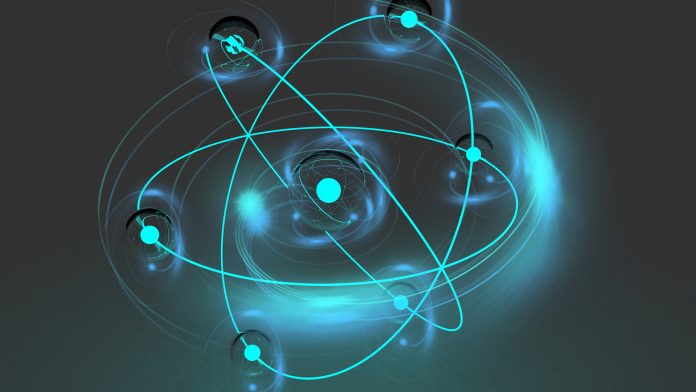The UK government, alongside the governments of France and Germany, has agreed to maintain their support of a world-leading neutron research centre for a further ten years.
The agreement between the three countries will ensure that the Institut Laue-Langevin (ILL) can maintain its pioneering neutron-scattering research and experimentation for another decade.
This will facilitate scientists both from the UK and around the world to persist with groundbreaking research such as the development of novel cancer therapies, enhancing climate change modelling, as well as aiding our comprehension of the early Universe.
An intense neutron source
The ILL is an international research centre situated in Grenoble in France, where its cutting-edge facilities have headed neutron science and technology for more than half a century.
ILL operates one of the most intense neutron sources on Earth, feeding beams of neutrons to a suite of 40 high-performance instruments. Inside these instruments, materials are subjected to the intense beam of neutrons, generating images that expose the molecular structure inside the material, acting like a giant microscope.
ILL has been frequently enhanced since 2000 to guarantee its position as the world-leading neutron research centre and ensure it accommodates its users, who produce up to 600 scientific publications each year.
Every year, 1,400 researchers from nearly 40 countries visit the ILL to undertake research in a range of areas, such as: materials science, nuclear and particle physics, health and the environment.
International collaboration
The biggest funders of ILL are the UK, Germany and France; these associate members then operate in partnership scientific communities all over Europe.
Recently, the three associate members signed a formal agreement to expand the initial 1971 inter-governmental convention for up to an additional decade.
The agreement builds on more than half a century of cooperation between the associate countries in preserving the ILL’s position as one of the world’s leading neutron facilities.
ILL and the UK scientific community
The agreement was signed in Paris by Frédérique Vidal, the French Minister for Higher Education, Research and Innovation, Hans-Dieter Lucas, German Ambassador to France and Theo Rycroft, the Deputy Head of Mission at the British Embassy in France.
The Deputy Head of Mission at the British Embassy in France, Theo Rycroft, commented: “The global coronavirus pandemic has highlighted the importance of international collaboration in helping find solutions to pressing global challenges. The UK is a world leader in many areas of neutron science and our continued access to ILL’s cutting-edge scientific facilities will maintain the UK’s position as a global science leader.
“UK scientists continue to play a key role in making exciting new discoveries, helping improve our understanding of neutrons and materials and we look forward to ILL delivering a further decade of exciting science from its outstanding infrastructure.”
UK Science Minister Amanda Solloway added: “We want the UK to be the international scientific partner of choice, as our collaboration with France and Germany to fund the world-renowned Institut Laue-Langevin shows.
“By extending our support to this scientific centre of excellence for another decade, we’re enabling researchers in the UK and beyond to conduct bold experiments which could help solve major global challenges such as climate change and infectious disease.”
The UK’s funding of ILL is facilitated by the Science and Technology Facilities Council (STFC), with an annual subscription that gives UK scientists access to the facility. STFC is the shareholder in ILL on behalf of the UK.
Executive Chair of STFC, Professor Mark Thomson said: “By securing future years of this world-class facility, scientists in the UK and around the globe will be able to continue undertaking pioneering multi-disciplinary research and making important discoveries.
“Our fruitful relationship with our key partners in France and Germany has allowed us to maintain this vital and unique offering to the research community.
“Neutron science continues to be a priority to the UK, with our own ISIS Neutron and Muon Source facility complementing the research programmes of the ILL. This allows the UK to maintain our position as a global leader in this research area.”









